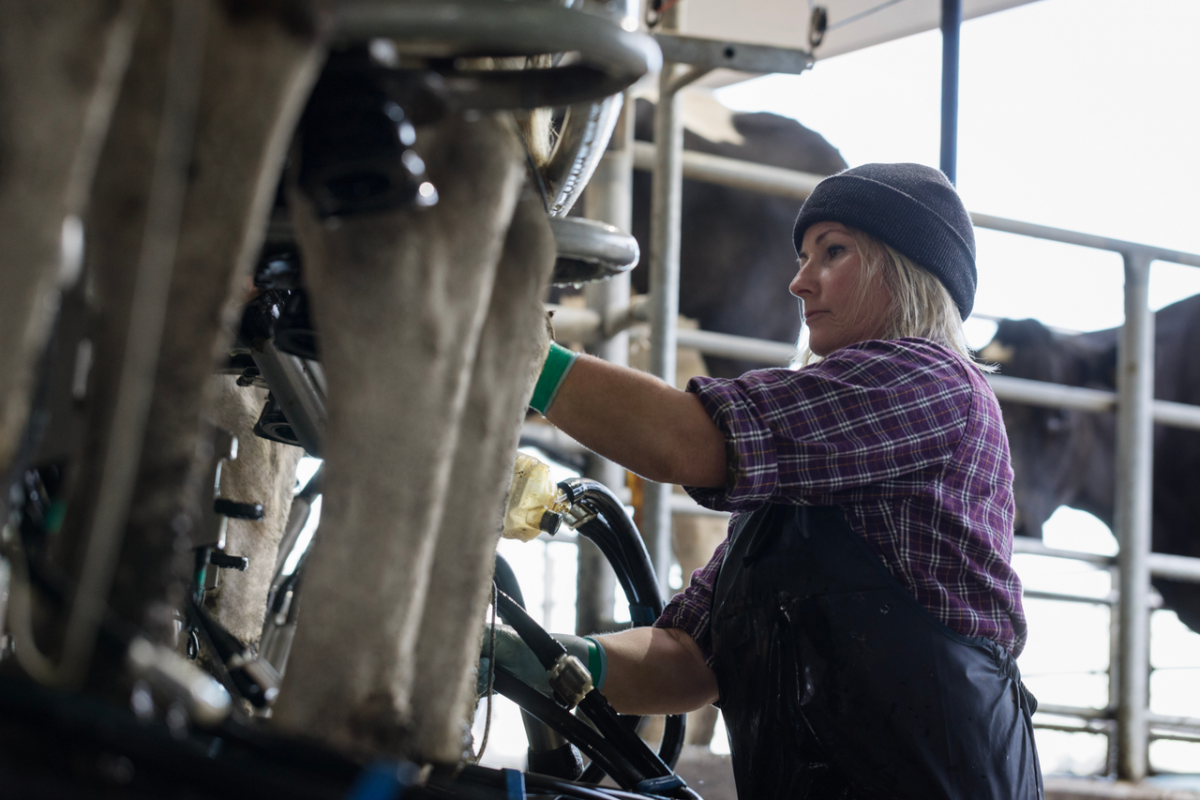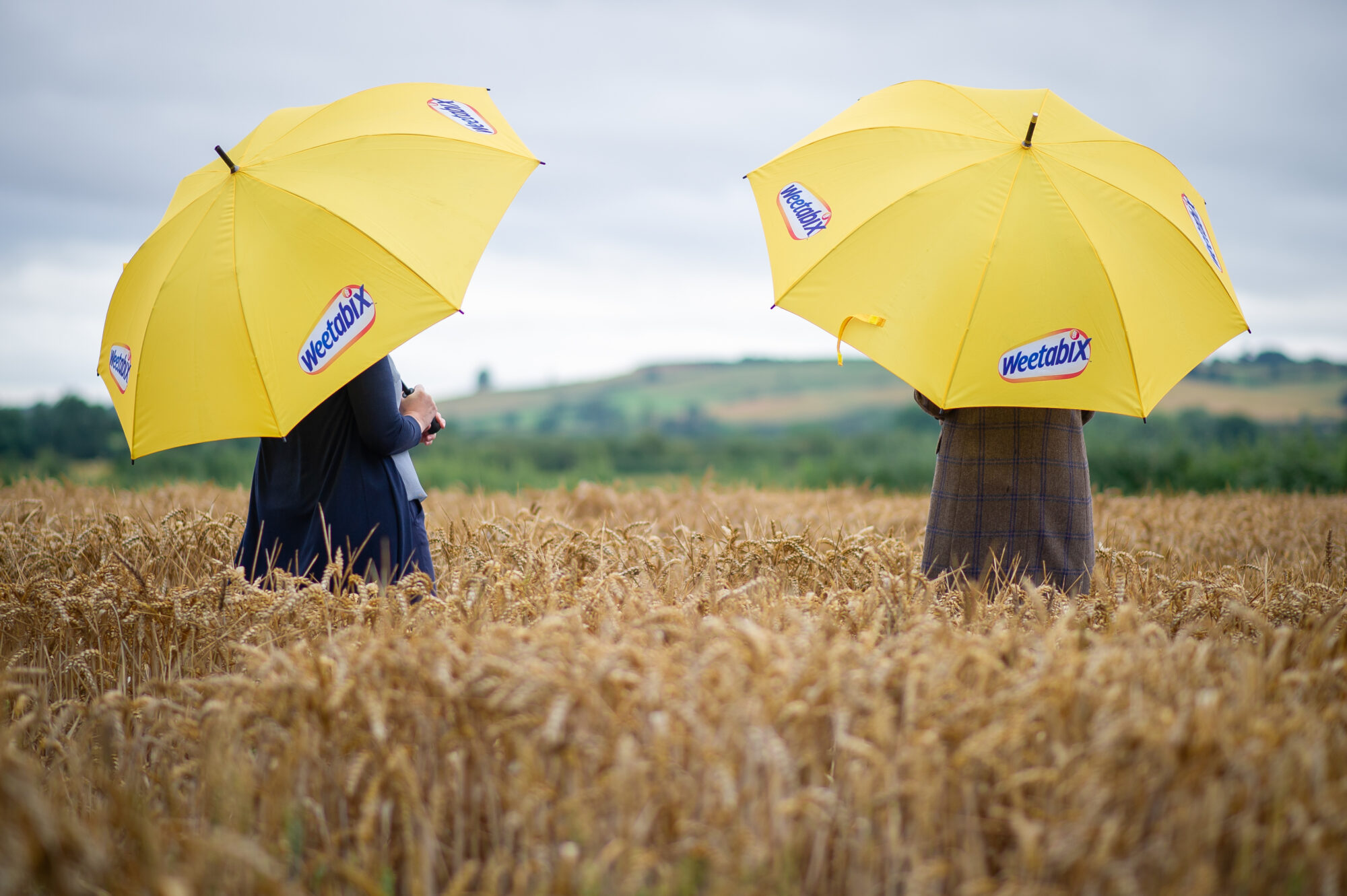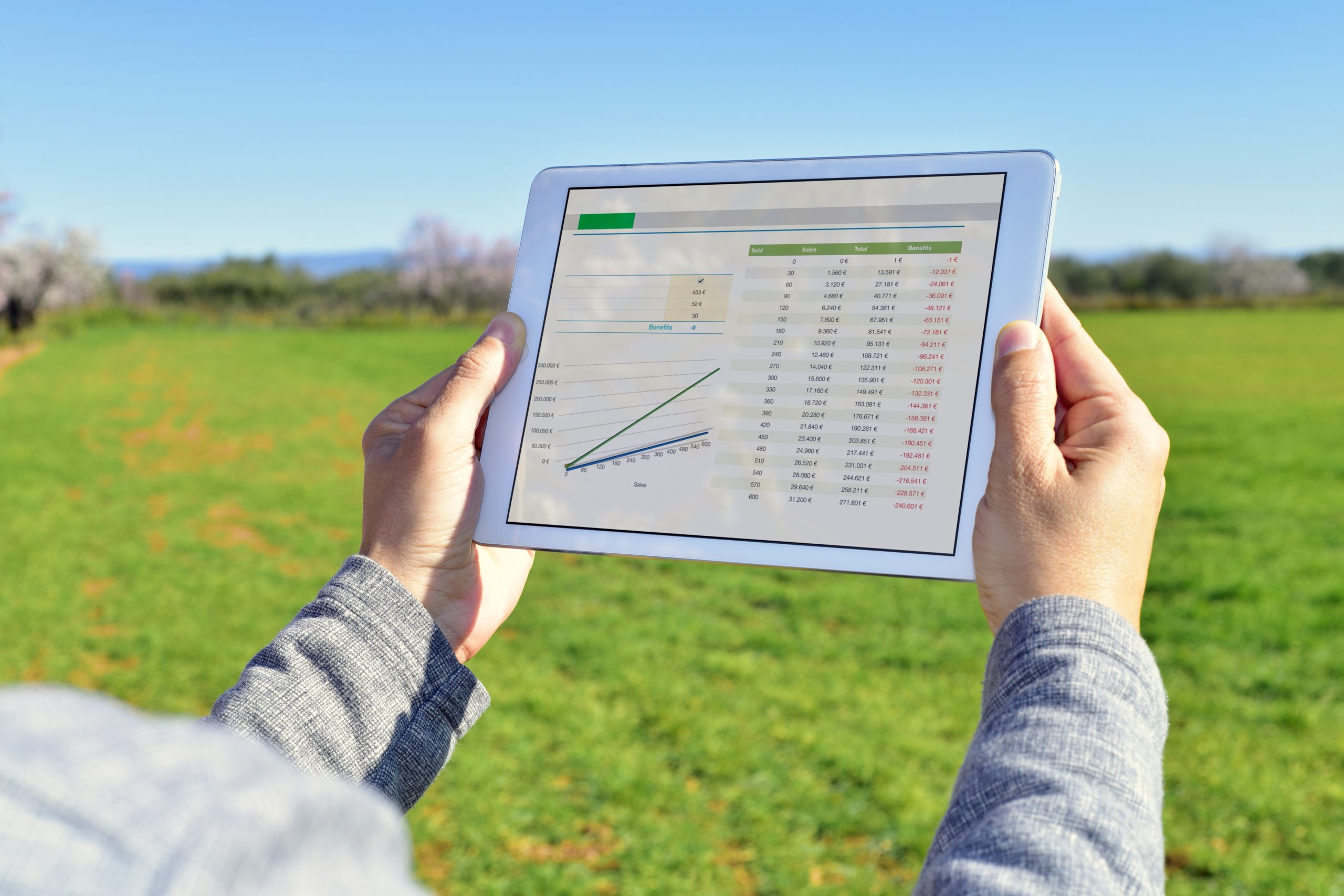I have been involved with the International Committee for Animal Recording (ICAR) and its Animal Data Exchange (ADE) working group since I was first privileged to attend its annual conference, or “General Assembly” in Berlin in 2014. It was eye-opening to see all large numbers of people and organisations collaborating in diverse areas around livestock management, performance recording, diagnostics and genetic analysis.
The Animal Data Exchange working group had developed data dictionaries describing important data sets in dairy herd recording, and an interchange specification based on SOAP, WSDL, XML and XSD. This was a huge first step forward, but by 2018 when the conference meet in Auckland, it was apparent that the global software industry was moving to a new technology set: one based on REST APIs and JavaScript object notation (JSON). We had been working in that toolset on a New Zealand initiative, “DataLinker” – an interoperability initiative funded by DairyNZ, the Red Meat Profit Partnership, and New Zealand’s Ministry for Primary Industries. I took the initiative to suggest that we could use the DataLinker specifications as the basis for a new, JSON-based ICAR Animal Data Exchange specification.
We made a start, and in Prague in 2019 a group of us met in person to rework a number of specifications (including those from DataLinker, the Netherlands JoinData initiative, and the original ADE XML) into a JSON Schemas and OpenAPI specifications, published under an open-source licence.
As the initiative got underway, it has been embraced by a core group of software and industry data experts from milk recording organisations, equipment manufacturers and software houses. A core group of between six and a dozen of us have met, in early mornings or evenings every two weeks for near four years, and the specification has grown.
ADE version 1.3 was released in late 2022. It adds to the OpenAPI specification examples a more formal specification of how location-based ADE APIs should be constructed, as well as a new generic data synchronisation API specification based on learnings from MIMIRO AS in Norway.
From a data perspective, the new release adds health statuses for animals, additional parturition (calving or lambing) observations including calving ease, birth weights and muscling scores. It adds new messages for herd-level milk recording statistics, composite type classifications, and “group” observations of weights, movements, and health treatments where animals are managed as groups rather than individuals. Health diagnosis observations gain new fields for disease stage and severity.
Excitingly, acceptance of ADE within the livestock community seems to have reached a tipping point. My discussions with organisations who have implemented or are currently implementing the ADE specifications into their software indicates some 12 organisations may be using ADE across more than 10 different countries.
For our part, we have implemented ADE compliant APIs in our Pure Farming data interoperability service, which will support both agritech companies and industry organisations to map data from a variety of sources into standardised APIs. ADE 1.3 also allows us to represent activities on groups of animals, such as weights and treatments of batch-tagged sheep in New Zealand, Australia, and the UK.
The working group behind the Animal Data Exchange specifications continues to operate. As we start 2023, our fortnightly meeting schedule includes work on representing predicted milking fields, standardising details of automated heat observations, capturing flushing data for embryo transfer donors, and transmitting carcass data observations.
The ICAR working group are running a webinar covering ADE 1.3, and how to adopt it. To reach an international audience there are two sessions:
- 25 January 2023, 2pm US Central Time (see in your time zone)
Register here - 26 January 2023, 9am Central European Time (see in your time zone)
Register here
Could you use ICAR ADE APIs or data in your business or application? If you would like to learn more, please let us know through the form below.


